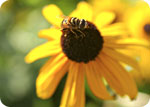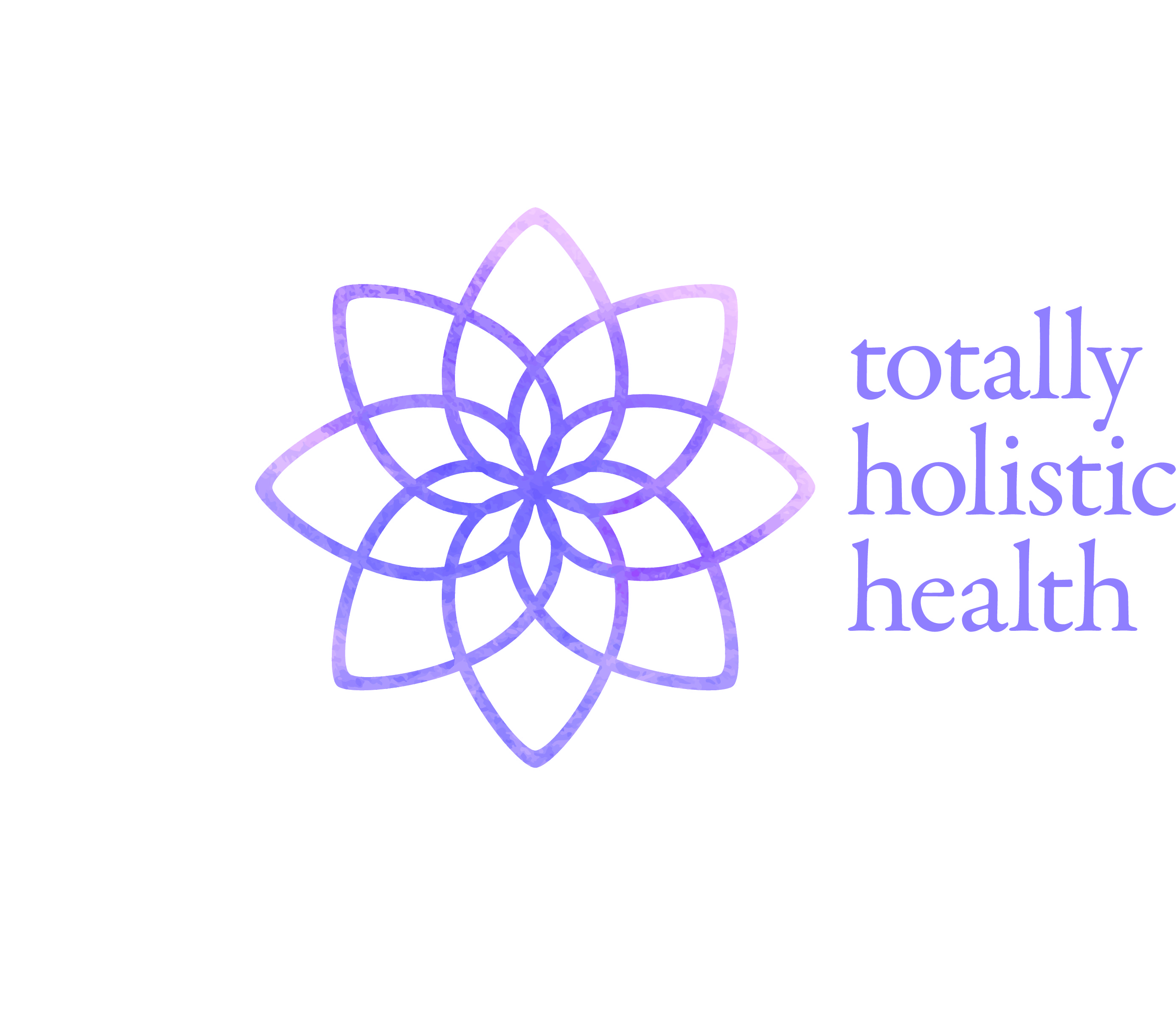Did you know that hay-fever, also known as seasonal allergic rhinitis, is probably the most widely recognised allergy.
Symptoms include inflammation of the mucous membrane of the nose causing sneezing, itching, runny nose, watering eyes and nasal congestion. It usually develops before the age of 30 and women are more prone to develop it than men.
First lets see if we can understand what an allergy is.
An allergy is the body’s immune response to something that is normally harmless
An allergen is a substance that produces a reaction in susceptible individuals. It is basically an exaggerated response of the immune system to substances such as grass or tree pollen, spores from moulds, house dust, mites or animal dander (dead skin or fur that has been shed by animals).
In a more holistic context an allergy leads to a disturbance in the natural flow of the body’s energies and meridians to even a small exposure to an allergen.
It is often not known why some people have a predisposition to be allergic but in some people it can be genetic, severe virus infections can cause damage to the immune system making the individual more likely to develop allergies in the future. Excessive cleaning can also cause the body to be more susceptible to allergies as the T-helper cells in the immune system which recognise foreign antigens become less active. Pollutants such as exhaust fumes aggravate the immune system too.

The most common causes of allergic responses are:
Pollen from trees and grasses
Proteins secreted from house dust mites
Moulds
Foods such as peanuts, tree nuts, milk and eggs
Pets such as cats and dogs, other furry animals such as horses, rabbits and guinea pigs
Insects such as wasps and bees
Medicines (these may cause reactions by binding to proteins in the blood, which can trigger the reaction)
The most common symptoms associated with allergic conditions include:
Sneezing
Wheezing
Sinus pain
Runny nose
Coughing
Nettle rash/hives
Swelling
Itchy eyes, lips, throat and mouth
Shortness of breath
Sickness, vomiting and diarrhoea
Increase in nasal airway secretions.
Natural Remedies
Homemade remedies consisting of herbal recipes are often highly effective at providing allergy relief for hay fever sufferers.
Chamomile tea is reputed to relieve hay fever symptoms. Some herbalists suggest smearing chamomile and lemon oil on a tissue and inhaling to prevent hay fever symptoms.
Ginger tea and raw honey works to break up chest congestion and loosen phlegm. It strengthens the immune system and acts as a natural antihistamine.
Green tea blocks the production of histamine and is one of the best homemade remedies for building the immune system.
Peppermint tea relieves nasal and sinus congestion. Drink it cold to sooth coughing associated with hay fever and allergies.
Butterbur reduces inflammation, blocking histamines and leukotrienes. Studies suggest the herb is effective for relieving sneezing, itchy eyes, sinus congestion and headaches.
People allergic to ragweed or chrysanthemum should avoid butterbur.

Recent Comments